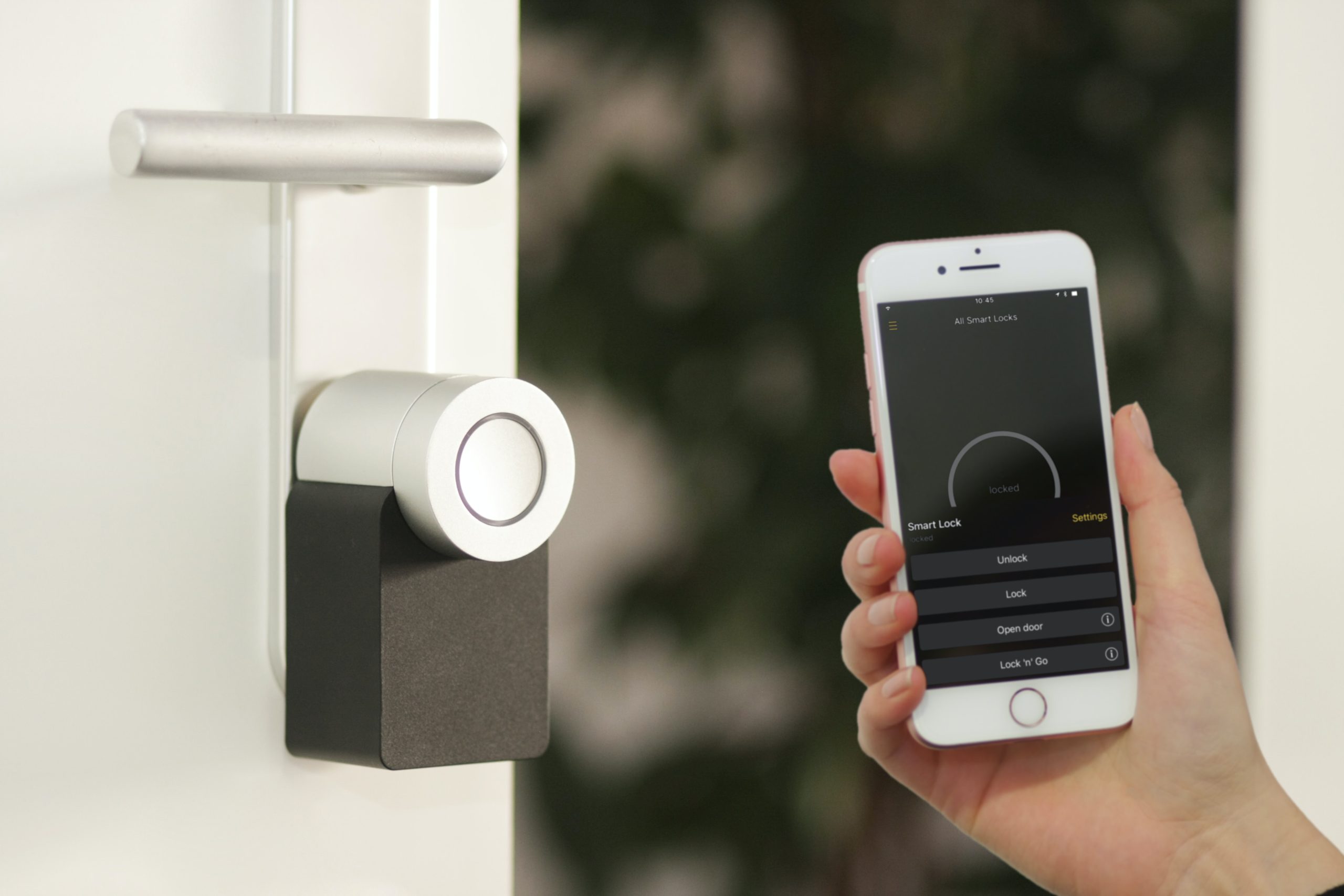With the rise of the Internet of Things (IoT) and smart technology, home automation has become more advanced and accessible than ever before. From voice-activated assistants to smart thermostats, homeowners can now control and monitor their homes with the touch of a button, or even just a spoken command.
The impact of these innovations is far-reaching, with implications for everything from energy efficiency to security to convenience. Here are some ways that IoT and smart technology are transforming the home:
Energy Efficiency: One of the biggest benefits of home automation is its potential to reduce energy consumption and save homeowners money. Smart thermostats can learn a household’s heating and cooling patterns, and adjust the temperature accordingly, while smart lighting systems can turn off lights in empty rooms. This not only reduces energy waste but can also lead to significant cost savings on utility bills.
Security: Smart home security systems allow homeowners to monitor their homes remotely, with features such as motion sensors, door sensors, and security cameras. This can provide peace of mind when away from home, and also serve as a deterrent to would-be intruders. Additionally, some systems can automatically alert authorities in case of an emergency, such as a fire or break-in.
Convenience: Perhaps the most obvious benefit of home automation is the convenience it provides. From turning on the coffee maker to opening the blinds, smart assistants like Amazon’s Alexa and Google Assistant can carry out a wide range of tasks with just a voice command. Smart appliances, such as washing machines and refrigerators, can also be controlled remotely, allowing homeowners to manage their household tasks from anywhere.
Despite these benefits, there are also concerns about the privacy and security implications of home automation. With more devices connected to the internet, there is a risk of hacking and data breaches. Additionally, there is a potential for these devices to collect and share personal data, which could be used for targeted advertising or other purposes.
To address these concerns, it is important for manufacturers to prioritize security and privacy in their products, and for homeowners to take steps to secure their devices and networks.
Overall, the impact of IoT and smart technology on home automation is significant, with the potential to transform the way we live and interact with our homes. While there are challenges to be addressed, the benefits of energy efficiency, security, and convenience make this an exciting time for homeowners and technology enthusiasts alike.
In conclusion, as technology continues to evolve, so too will the ways in which we interact with our homes. With the rise of IoT and smart technology, home automation has become more advanced and accessible than ever before, with far-reaching implications for energy efficiency, security, and convenience. While there are concerns about privacy and security, these innovations offer exciting possibilities for homeowners looking to transform their living spaces.




